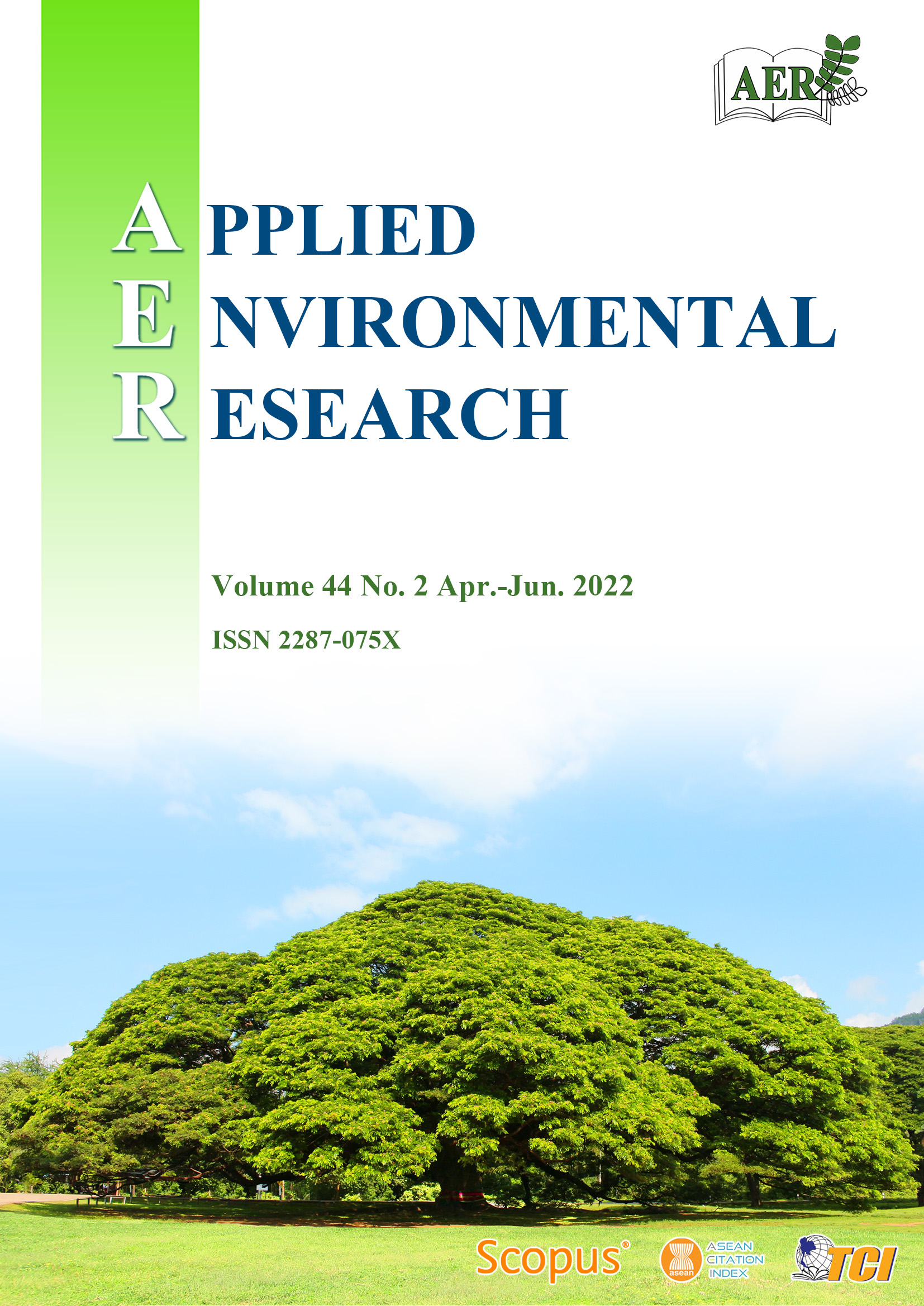Sustainable Energy Transition in Thailand: Drivers, Barriers and Challenges of Waste-to-Energy at Krabi Province
Main Article Content
Abstract
Waste-to-Energy (WtE) has been considered as an option to eliminate Krabi’s problems of municipal solid waste (MSW) management. A survey on WtE potential as well as key drivers, barriers, and challenges to overcome the barriers was conducted in this study. The study found high WtE potential due to huge amount of many years accumulated MSW in couple with the increasing trend of new daily waste generation. Meanwhile, Krabi is an island having land limitation for landfill. The urgent need to eliminate the huge amount of MSW has become a key driver for WtE implementation. One more key driver of WtE is Krabi Goes Green roadmap with target to generate electricity from 100% renewable energy by the year 2026. Another key driver is disruptive effects of MSW management roadmap under Section 44 of Thailand's Constitution 2017. By the way, implementation of WtE is facing with public opposing due to concerning of dioxin and air pollutant emissions from solid waste combustion. How to ensure zero emission of dioxin and air pollutants is very challenging to achieve public trust and acceptance. High temperature combustion as well as installation of high efficiency end-of-pipe treatment together with real-time monitoring system was recommended by some interviewees of the present study. In addition, due to MSW management and WtE power plant investment must involve with many organizations; therefore, stakeholders' open mind consultation and policy integration among relevant governmental agencies are highly recommended.
Article Details

This work is licensed under a Creative Commons Attribution-NonCommercial 4.0 International License.
Published articles are under the copyright of the Applied Environmental Research effective when the article is accepted for publication thus granting Applied Environmental Research all rights for the work so that both parties may be protected from the consequences of unauthorized use. Partially or totally publication of an article elsewhere is possible only after the consent from the editors.

